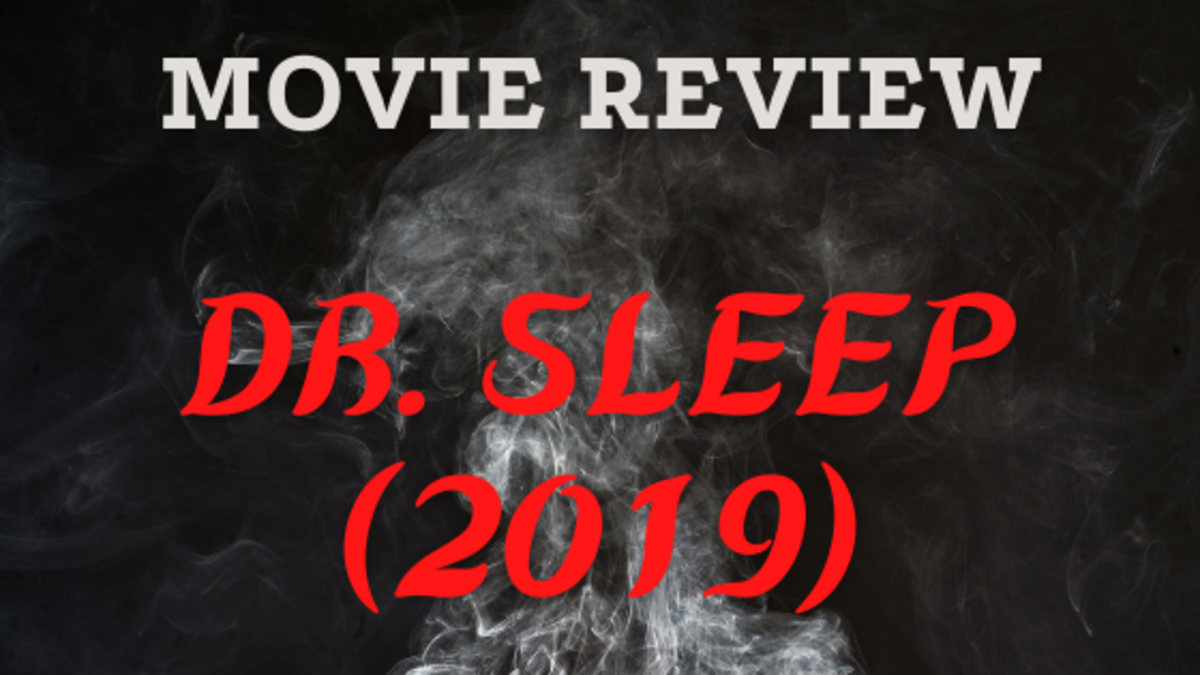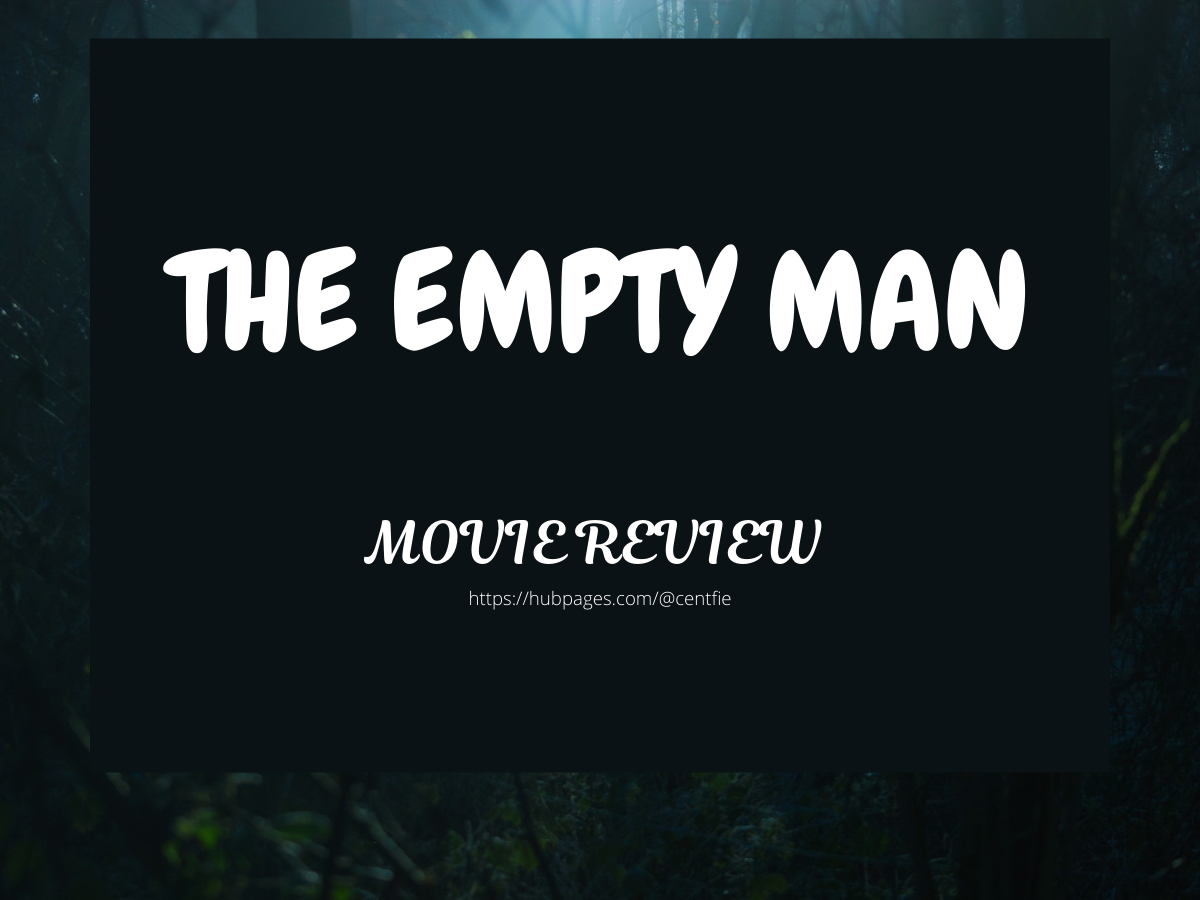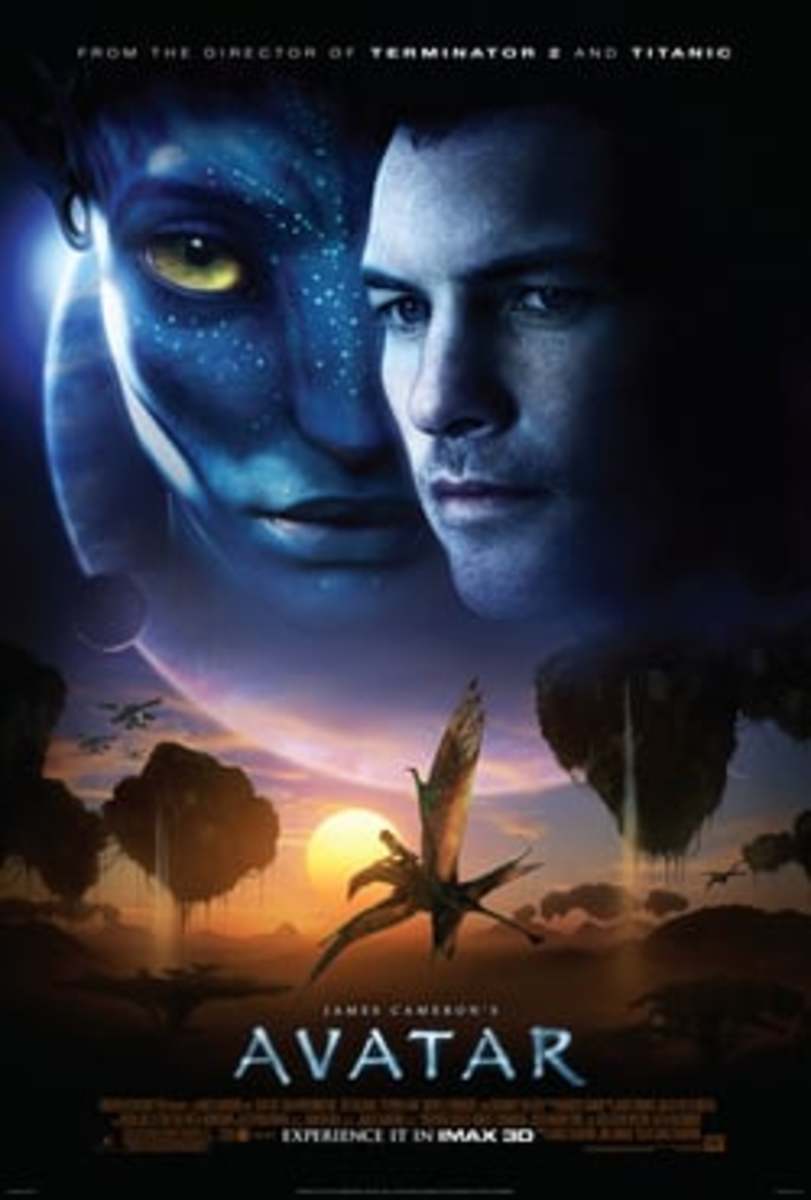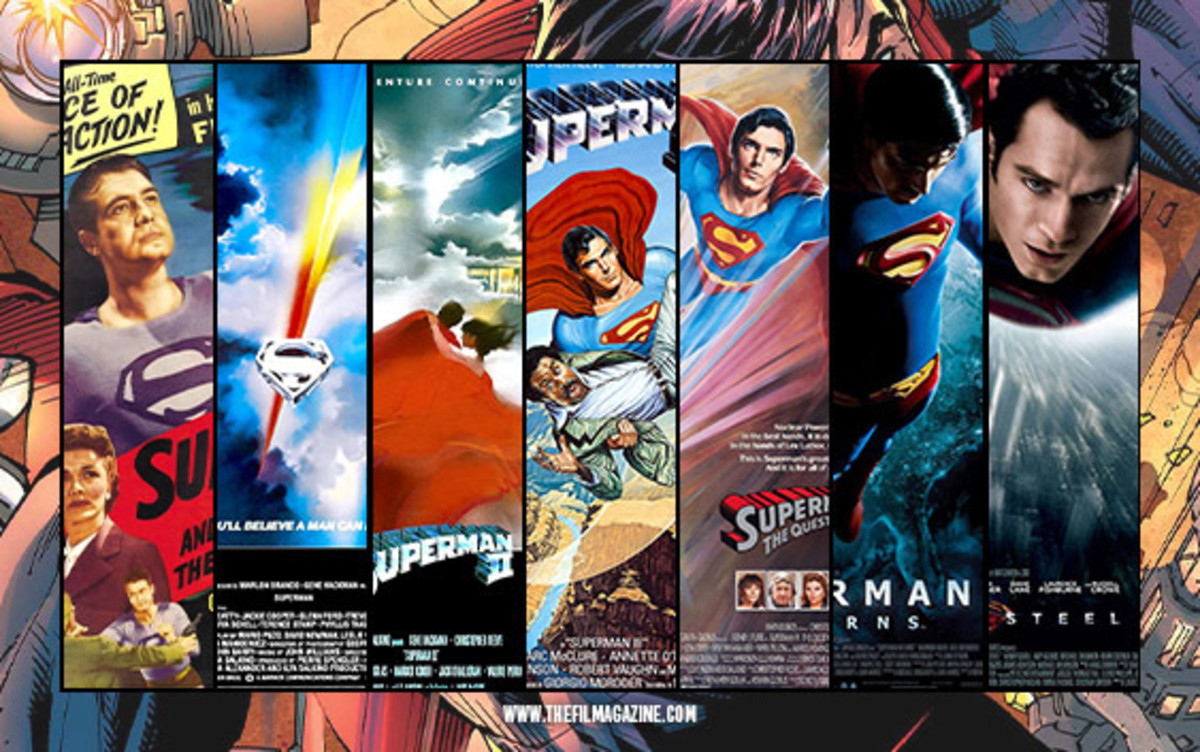"The Revenant" Movie Review
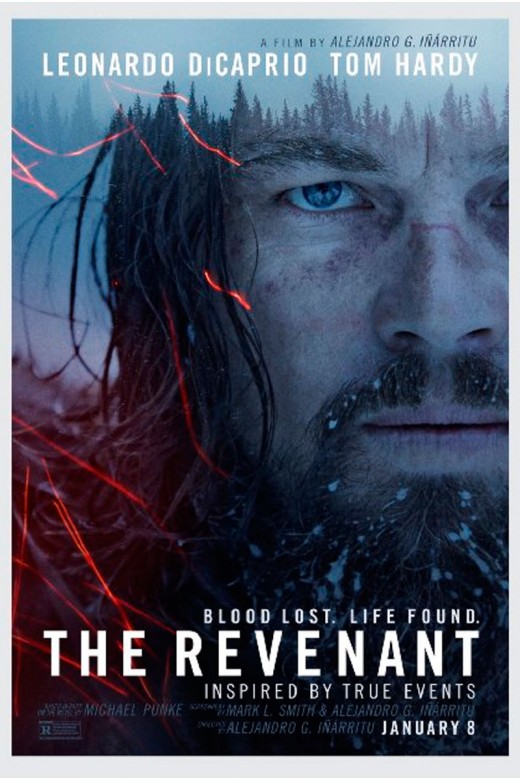
As raw and pure and visceral as virtually anything that has come before it, Alejandro Iñárritu’s The Revenant takes moviegoers into the heart of the American frontier. Set in the early half of the 19th century, it grants us all the majesty and epic vistas of movies like Dances With Wolves and The Searchers while thrusting us headfirst into the unforgiving climate of a South Dakota winter. Even more than that, though, The Revenant is a story of excruciating pain and heartbreaking loss. And let’s not forget revenge.
In Iñárritu’s expert hands (as well as those of cinematographer Emmanuel Lubezki), it provides the perfect showcase for Leonardo DiCaprio to finally prove his worth. As Hugh Glass, a real-life scout and fur trapper who was left for dead after a grisly (and grizzly) bear attack, DiCaprio speaks softly (if at all) but turns in the most immersive and believable performance of his career. With just a blink of his eyes or a turn of his head, he clearly conveys pain, anguish, and fear like no other actor has in quite some time.
Based on Michael Punke’s novel (which was based on Glass’s real-life ordeal), the film is, at its core, a one-man show. After a jarring and beautifully filmed opening sequence in which Glass’s camp is attacked by Arikara (Ree) Indians, he is later brutally mauled by a bear. Teetering within an inch of certain death, he is abandoned by his fellow trappers. Glass, though, refuses to submit and instead summons every ounce of determination to try to crawl, hobble, and limp his way to survival.
Iñárritu follows up last year’s best picture (and Best Picture) Birdman with yet another memorable, ingenious, and engrossing film. Its extended tracking shots, the fog of warm breath clouding the lens, and exclusive use of natural light in unforgiving locations (the untouched forests of Argentina and Alberta) suck you into the film and refuse to let you go, The Revenant feels at times like a Kubrickian masterpiece and at other times like a Terrence Malick-style ethereality.
Conclusion
The script (which Iñárritu co-wrote with Mark L. Smith) may not be as poetic as the film itself--occasionally jettisoning narrative in favor of spectacle--but The Revenant overcomes its few shortcomings to end as an extremely powerful, terrifying, and ultimately satisfying journey.
Rating
5/5 stars

